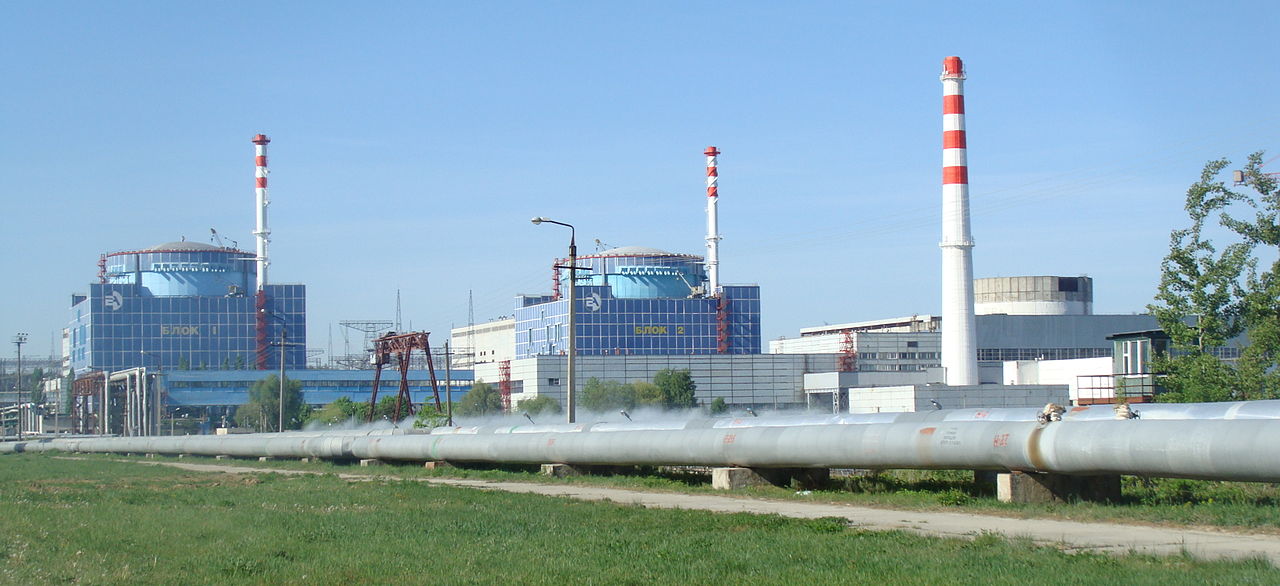On 5 September 2024, Ukraine announced an agreement with the International Atomic Energy Agency (IAEA) for the agency's experts to monitor key Ukrainian power substations in addition to nuclear plants, as per Reuters. Oleh Korikov, Chief State Inspector for Nuclear and Radiation Safety of Ukraine, revealed this development during a televised briefing.
Korikov stated,
The first IAEA monitoring mission to a substation is scheduled for next week.
Korikov emphasized that although Russia has not directly struck nuclear power plants, their attacks on Ukraine’s energy infrastructure threaten the safe operation of these facilities. He referred to the Russian drone and missile attacks on 26 August 2024, which forced the disconnection of several nuclear power units from the grid, underscoring the critical need for expanded international oversight.
Related:
- Russia again damages power line to occupied Zaporizhzhia nuclear plant
- Two nuclear power plant units were disconnected during Russia’s August 26 attack, Ukraine informs IAEA
- Ukraine’s energy minister defends Russian reactor purchase from Bulgaria amid criticism
- Radiation monitoring station destroyed near Russian-occupied Zaporizhzhia nuclear plant, IAEA says




